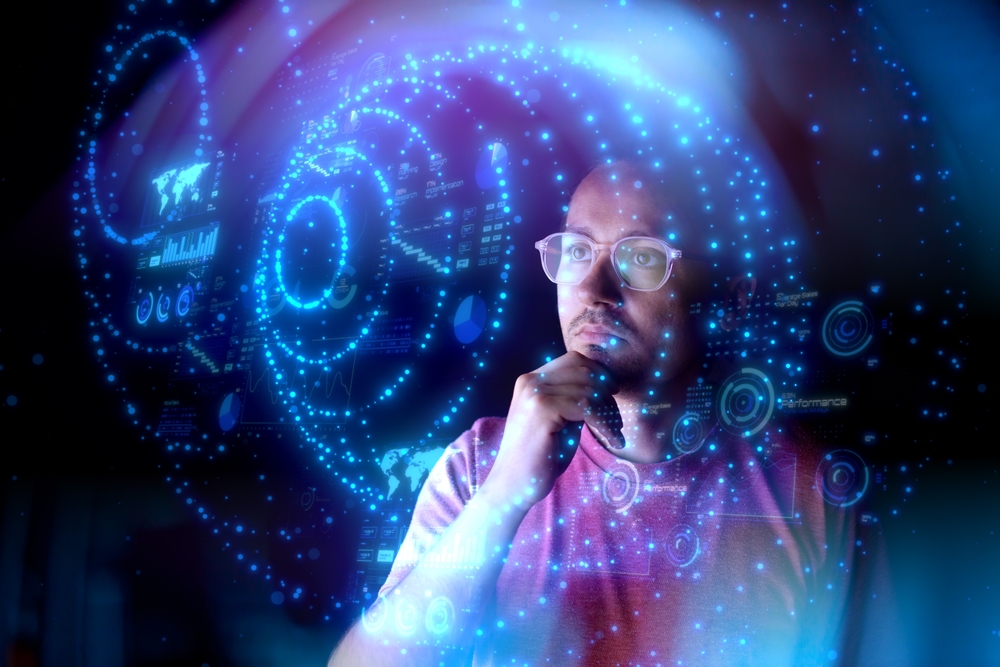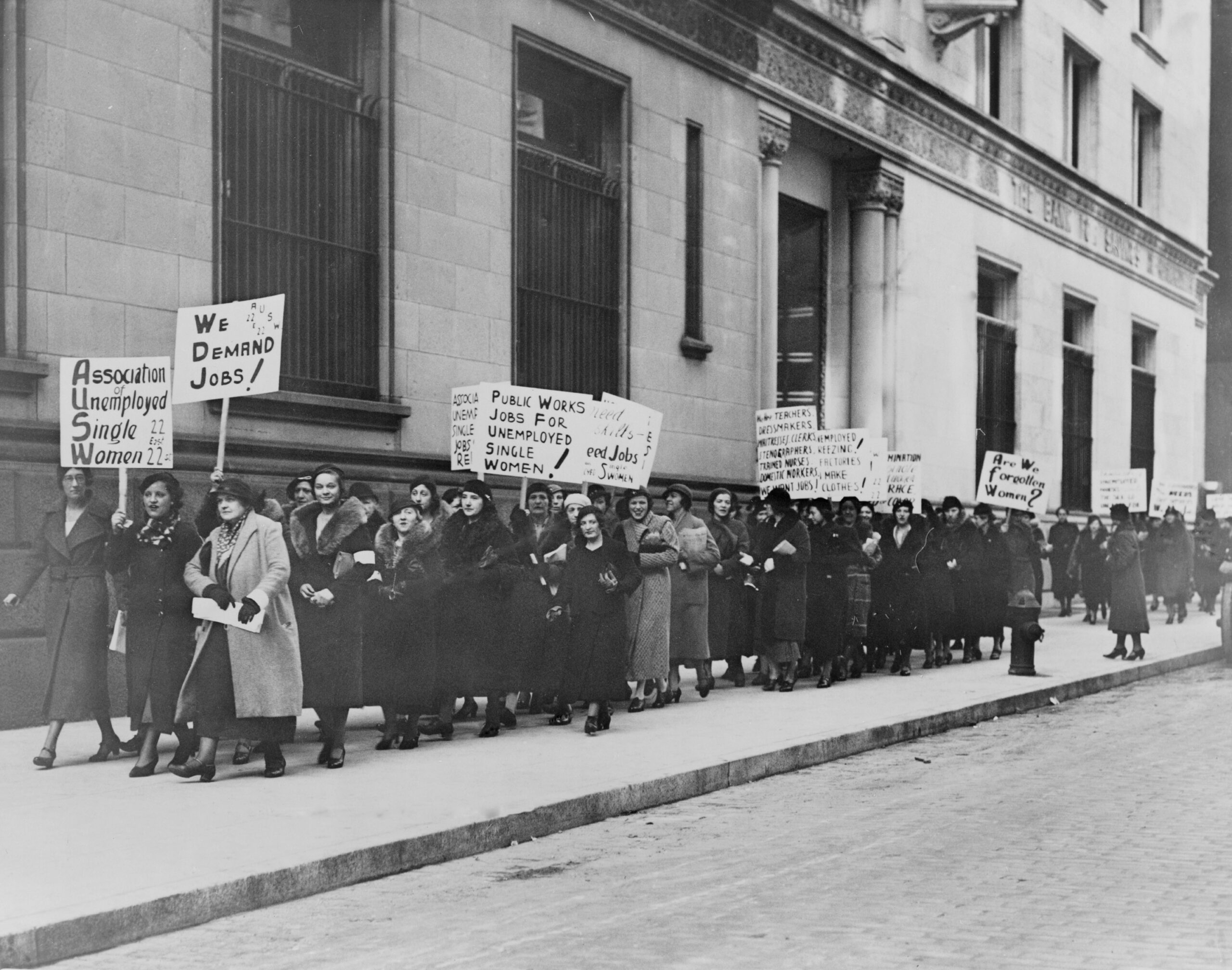How can you make sure your new AI worker will drink the company Kool-Aid like the human employee it replaced did?
An HR software company has the answer: Creating profiles for AI workers in its management platform so that employers can track things like performance, productivity, and suitability for promotion.
It’s glorious PR hype, obviously, but the financial payback of using AI in busines is based on effectively replacing human employees with robots, if not precluding their hiring in the first place. Right now, that payback is measured in broad statistics, and it has been reported that businesses are finding it hard to point to results specific to using AI.
A tool that tracks AIs as if they were any other employees might make measuring that payback more precise?
Take Piper, a bot focused on website leads and sales. Looking past the math of replacing a 3-person team, the new management tool could track its day-to-day activities and contrast its sales success (increased simply by its ability to talk to more than one customer at a time, 24/7) over its costs (other than electricity, it demands very little). Its training and development could occur in real-time as it peformed its job, too.
How about Devin, the AI engineer that designs apps in a fraction of the time it took the human team that used to have that job. The platform could measure its respose rate on requests for inter-departmental help (immediate) and speed at fixing or otherwise addressing coding bugs (also immediate). Train it with a dose of civility and it could win higher marks on customer satisfaction.
It’s weird that the AIs mentioned on the HR site are named and have profile pictures — I think they’re all third-party offerings — but personifying robots as people makes them less threatening as their faceless true selves. The likelihood that future generations of children will be named ChatGPT is kinda low, but its competitors, and many of the companies using LLMs, are using name names for their AIs (well, kinda sorta).
It’s a short leap to further personifying them and then watching them work via the HR platform.
The software maker notes on its website that “we” are facing lots of challenges, like whether or not AIs “share our values” and what they mean for jobs for us and our children.
Other than mentioning that its platform can also track “onboarding,” which must include all of the corporate blather anyone who has ever gotten a job has had to endure (and would be a nanosecond’s worth of time inputting code for AI staffers), the company explains its solution to the challenges:
“We need to employ AI as responsibly as we employ people, and to empower everyone to thrive working together. We must navigate the rise of the digital worker with transparency, accountability, and the success of people at the center.”
I won’t parse the convoluted PR prose here, but suffice to say three things:
First, it perpetuates the lie that AIs and people will “work together,” which may be true in very few instances but evidences the latter helping to train the former in most every other.
Second, it presumes that replacing people with AIs is inevitable, which is one of those self-fulfilling prophecies that technologists give us as excuses for their enrichment.
Third, it suggests that transparency and accountability can enable successful navigation of this transformation, when the only people who succeed at it will be the makers of AI and the corporate leaders who control it (at least until AIs replace them, too).
Plus, it means that the office holiday party will be even more awful and boring, though management will save money on the catering budget.
But that’s all right since you won’t be there.




